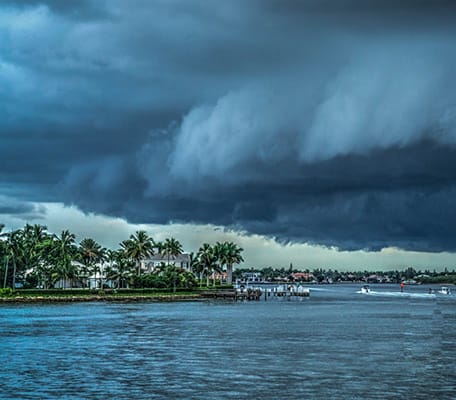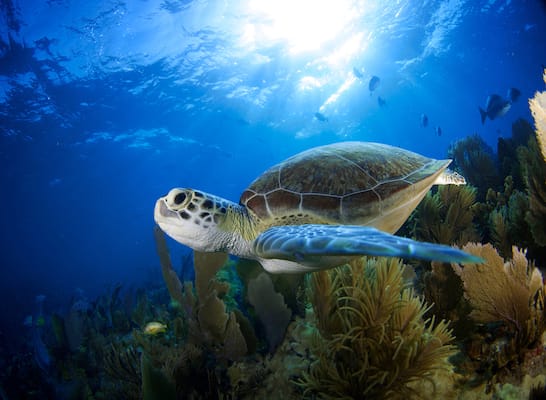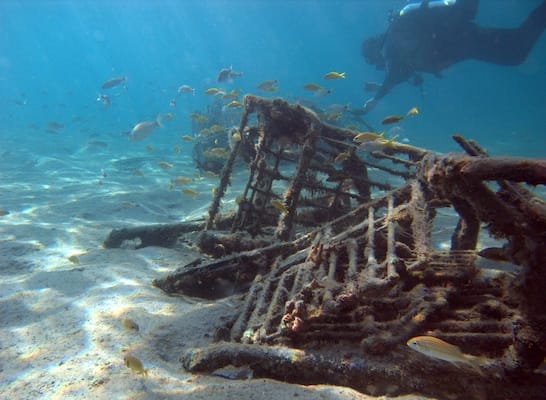Experts at Florida International University highlighted the negative impact of an unprecedented period of marine warming on the coastal environment, while an article on micro-plastics in sand showed how easy it is to threaten the life cycle of a creature like the sea turtle. On a more positive note, we found an article pointing out the number and imaginative variety of artificial reefs which have been sunk around the coast of Florida.
Moving inland, we found articles on efforts to protect large parts of Central Florida from the risk of flooding and a climate action plan unveiled in Tampa. Two articles looking at the issues of rising homeowners insurance premiums outlined clearly just why such action is needed – the risk of extreme weather is driving the price beyond the reach of many homeowners. Always keen to highlight the steps that can be taken to make things better we were fascinated by the story about the development of a frankly miraculous sounding ‘hydrogel’.
Finally there are three articles on financial issues. One looks at the global debate on how exactly initiatives of the scale needed to tackle climate change can be funded, and two more which both highlight the extremely healthy growth in markets harnessing technology to help us all make the most of our precious water supplies.











